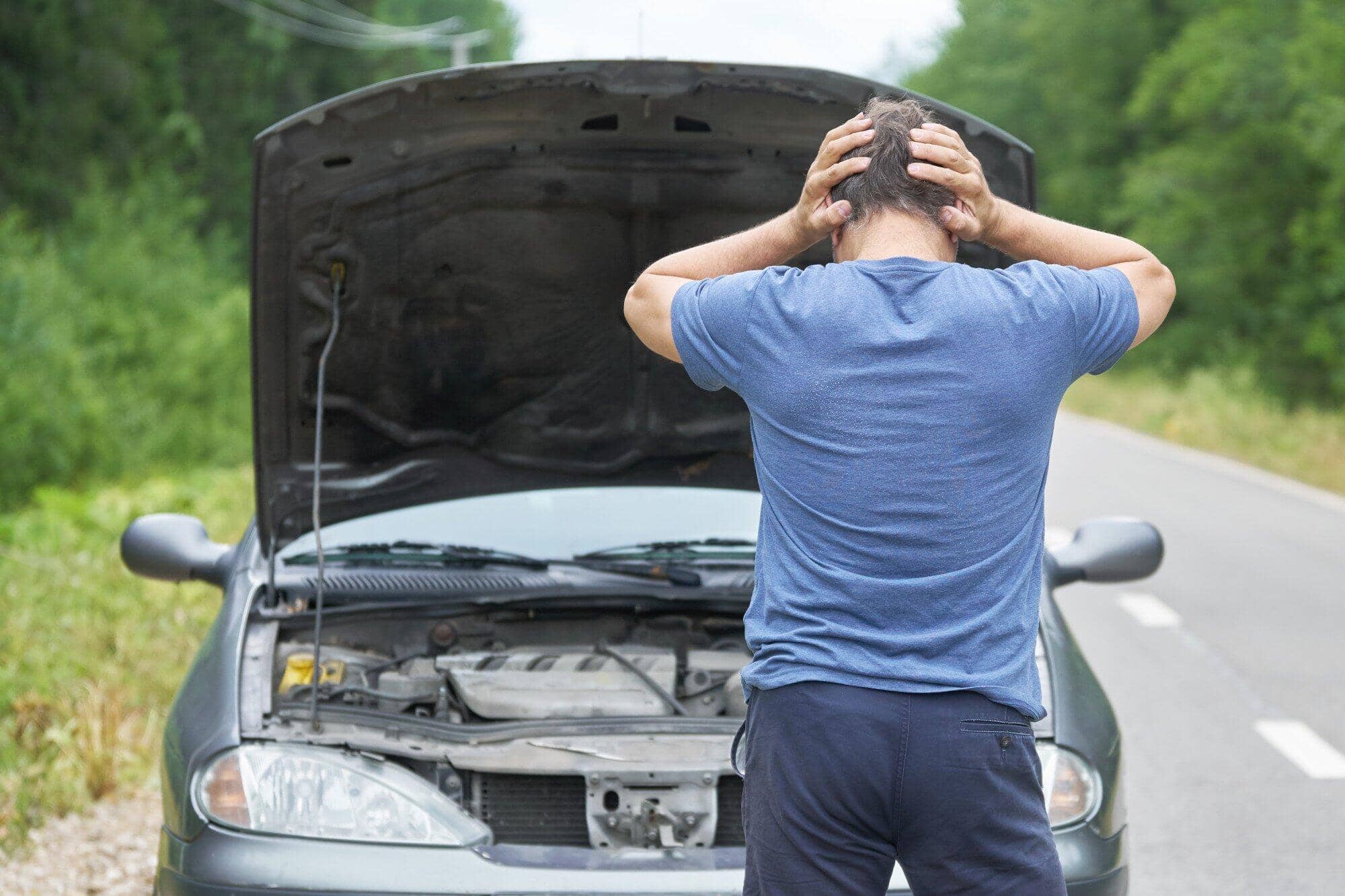One vital component in your vehicle’s well-being is the braking system. A complicated web of parts becomes the most critical factor when you push down the brake pedal, all working together to carry your vehicle to a controlled and safe stop.
The brake line connection is frequently disregarded yet similarly significant in the slowing mechanism, even though brake pads and rotors are considered the most important.
Brake line connectors are small yet pivotal mechanical parts that guarantee fluid flows through brake lines safely and efficiently, empowering your brakes to work as planned. Without these associations, your vehicle’s slowing mechanism would be deficient and significantly wasteful.
Keeping up with your vehicle’s proficiency and well-being will be much simpler if you grasp the significance of these connectors. The following are four points regarding brake line connectors that all vehicle proprietors should know about.
Table of Contents
1. Brake Line Connectors Play a Vital Role in Your Vehicle’s Safety
The hydraulic brake system in your vehicle applies the brakes through fluid pressure. The pressure expected to slow down or stop your car is delivered when you press the brake pedal, constraining brake fluid down the brake lines and into the drum or caliper brakes on each wheel.
Brake line connectors should safely connect the different areas of these brake lines to guarantee that fluid flows through the system persistently. Brake fluid leakage from harmed or broken connectors could fundamentally lessen braking force or cause absolute brake failure.
This can be very hazardous, especially when a quick stop is required. Consistently keeping up with the respectability of brake line connections is fundamental since they straightforwardly influence how well your whole stopping system functions.
2. There Are Different Types of Brake Line Connectors
Brake line connectors are not all created equal. They come in different shapes and materials, each intended to fit explicit vehicle models and brake systems.
When picking a brake line connection, factors like the vehicle’s design, brake liquid pressure prerequisites, and working environment typically become integral factors. This is valid whether you’re attempting to find brake line connectors for sale or are attempting to find which type is proper for your vehicle.
The three most common sorts of brake line connectors are as follows.
Flare fittings
These are the connections most often utilized in high-pressure hydraulic systems, similar to the brakes on autos. Erupting the end of the brake line, which fits cozily into the connection, is intended to make a leak-proof seal.
Compression fittings
These connectors are often utilized for quick fixes or in low-pressure systems. Pressure fittings pack a ferrule to make a seal around the brake line. They are not as strong as flare fittings, but they can sometimes fix spill leaks.
Banjo fittings
These are usually found in performance vehicles, which are considered smaller and more productive fluid transfers with negligible pressure loss. They are intended for vehicles that need consistent, high-performance braking power, making them well-known in motorsports and heavy-duty applications.
Realizing the type of brake line connector your vehicle has is fundamental in the event that you want to replace or fix one later. Inadequate connector installation could lead to system malfunctions and inefficiency.
3. Material Matters – Stainless Steel vs. Brass Connectors
Brass and stainless steel are the two most famous materials used to make brake line connectors. Other materials have extraordinary properties that make them appropriate for various types of vehicles and settings.
Stainless Steel
Stainless steel wiring is the ideal choice for high-performance vehicles and those running in brutal conditions. This is due to steel’s incredible strength and corrosion resistance.
Stainless steel connections are generally utilized in rough terrain vehicles, trucks, and vehicles that work in threatening circumstances since they are impervious to high pressure and weather exposure.
Brass Connectors
Conversely, brass connections are frequently found in regular automobiles. Brass is a brilliant material for general use since it is easy to work with during installation.
While brass isn’t stronger than stainless steel, it resists corrosion quite well, particularly in mild environments where corrosive substances like street salt are less common.
While changing brake line connectors, make sure to pick a material that is fit for your driving circumstances. Using stainless steel in a high-performance or off-road vehicle can boost longevity, but brass connectors are enough for ordinary, daily driving.
4. Corrosion is the Enemy of Brake Line Connectors

Brake line connector failure is mainly caused by corrosion. It is usual for these connectors to be exposed to dirt, moisture, and road salt, especially in the colder time of year. These substances can erode the connections after some time, debilitating them and raising the chance of leaks.
This is especially tricky in countries where salt is frequently applied to streets to abstain from icing and in seaside locales where the air is vigorously salted and there is significant moistness.
How to Prevent Corrosion of Brake and Line Connectors
Corroded connectors can prompt fluid leaks, diminish halting power, and, at last, break failure if they are not fixed. The following tips can assist with forestalling corrosion and protract the existence of your brake line connectors.
Inspect regularly
Practice it all the time to check for corrosion in your brake system. Look at the connectors for indications of corrosion or crumbling.
Clean your undercarriage
Wipe underneath your vehicle after driving on salted streets, particularly during the winter, as this could speed up corrosion by eliminating salt and dirt accumulation.
Choose corrosion-resistant materials
If you drive in unpleasant landscapes often, supplant the brake line connectors with stainless steel ones. Stainless steel’s intrinsic protection from corrosion might prevent future issues.
By performing these simple tasks, you can fundamentally reduce the opportunity for corrosion and increase the life expectancy of your brake line connectors.
Key Takeaways
- The little yet fundamental brake line connectors are a component of your vehicle’s braking mechanism.
- It is difficult to exaggerate their significance, even though they probably won’t get much notice.
- You can maintain the ideal condition for your braking system by monitoring its job, the different sorts and materials available, how to forestall corrosion, and the significance of appropriate installation.
Final Thoughts
Your brake line connections will get a good deal of fixes and, all the more significantly, protect you while driving if you keep up with and look at them consistently. You can keep up with the ideal condition for your brake system — including your brake line connectors — for a long time by being proactive and learning.
Dependable brake line connectors are critical for keeping up with your well-being while at the same time driving, whether or not you’re driving in typical conditions or pushing your vehicle to its limits.




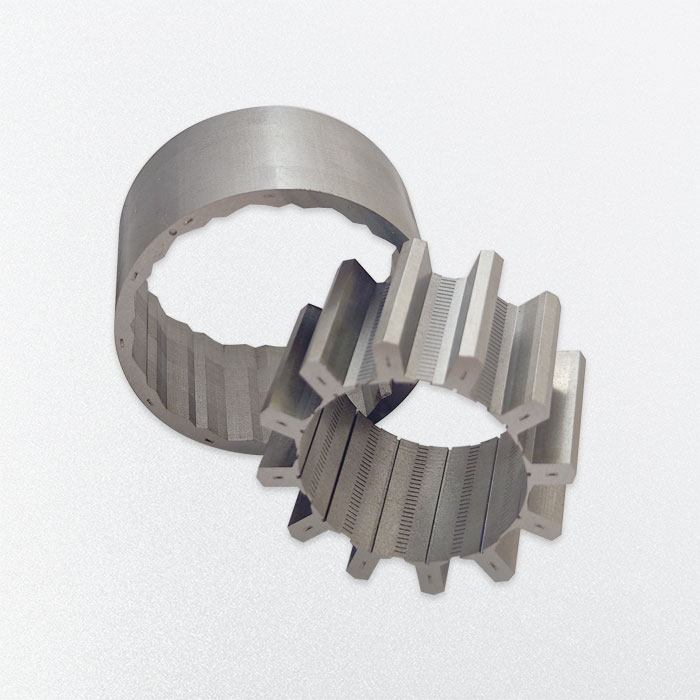
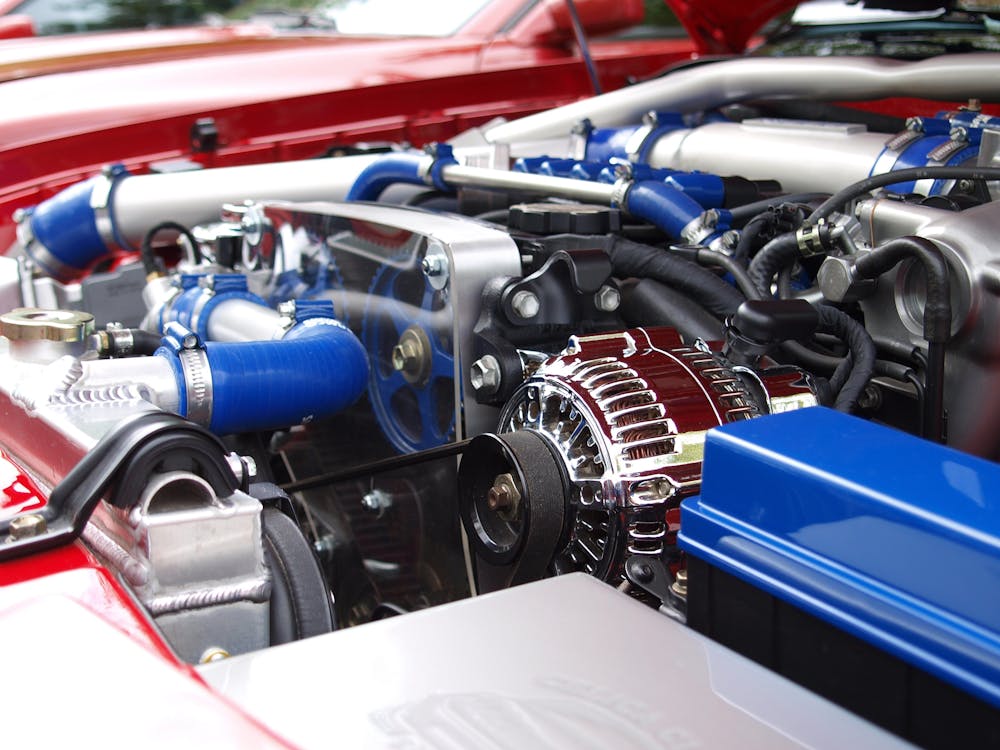
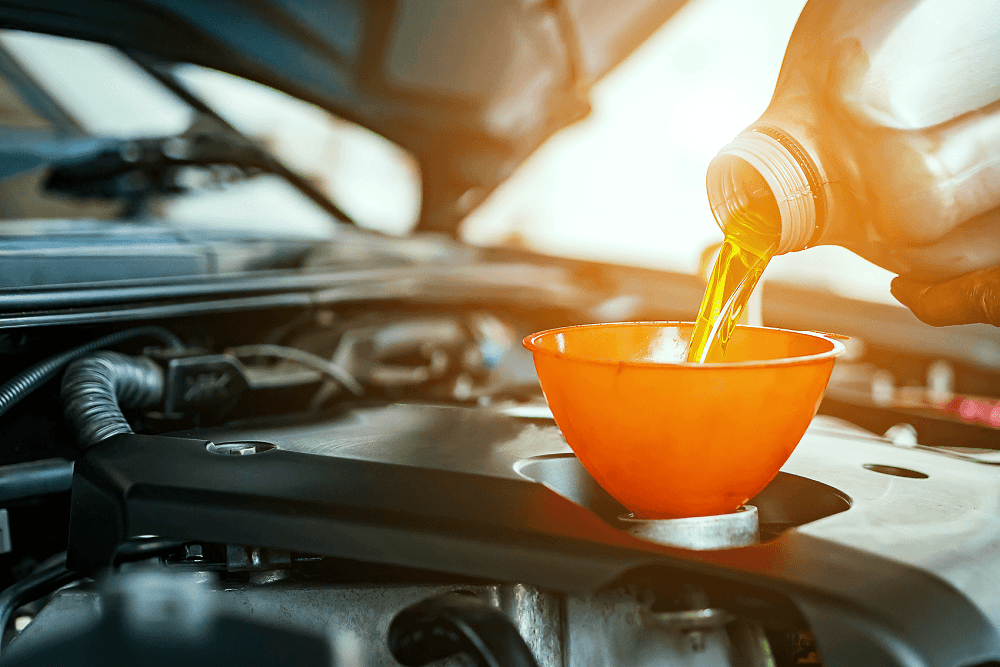
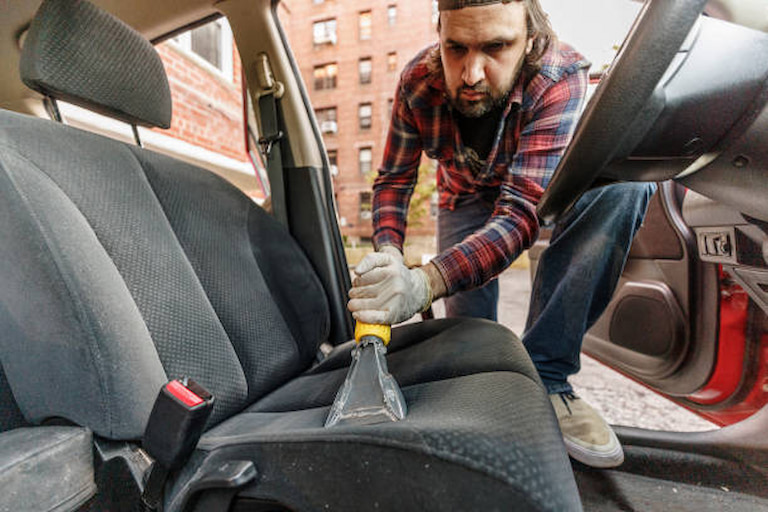
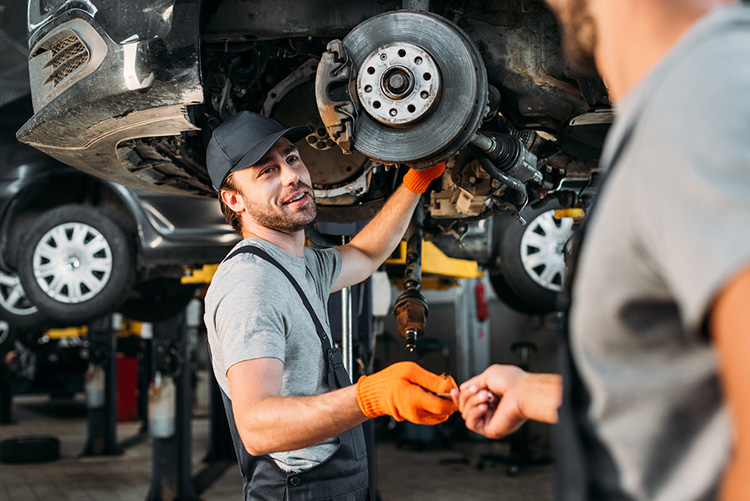



:max_bytes(150000):strip_icc()/GettyImages-522272311-5949bdc15f9b58d58a035319.jpg)
